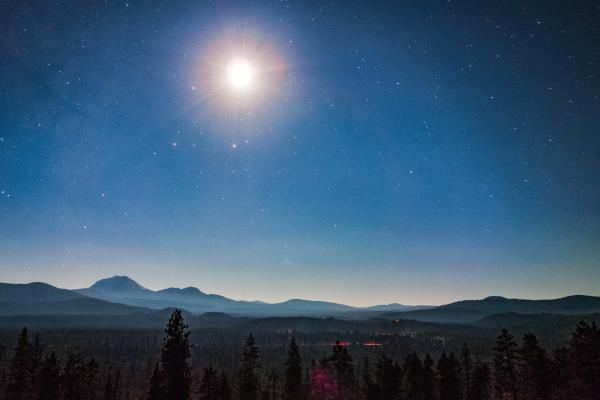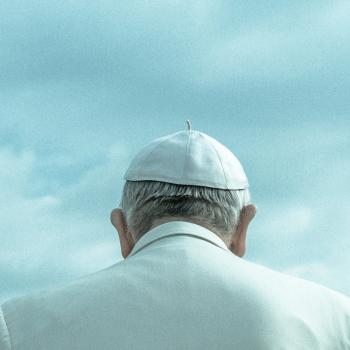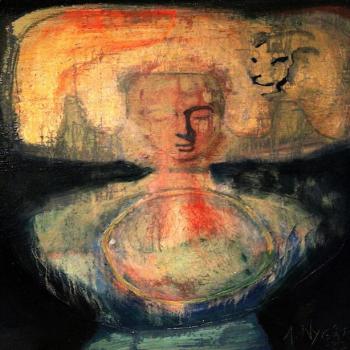All my life I’ve experienced a sense of wonder that has to do with something that’s out there but also touches a place within me. It feels as if I’m part of something bigger.
Can you relate to this sentiment? The words above are from the American philosopher Jacob Needleman and strike at something that a lot of us in the “spiritual but not religious” community feel deep within us. It’s the seeming knowledge that something greater than us exists, what some of us call “God”, even if we have trouble expressing its meaning.
Over the years, I have been questioned about what being “spiritual” means when it’s not tied to the rituals and doctrine of an organized religion. (I usually respond with what a spiritual practice looks like.) Yet, I still search for the definitive definition of spirituality and stumbled upon a pretty good one at a University of Minnesota web page devoted to the subject:
Spirituality is…a sense of connection to something bigger than ourselves, that typically involves a search for meaning in life. As such, it is a universal human experience—something that touches us all. It can result in positive emotions, such as peace, awe, contentment, gratitude, and acceptance.
Like the first quote quote, there’s a reference to connecting to something bigger. And as the next passage from the UM site points out, one can do this with or without organized religion.
Some may find that their spiritual life is intricately linked to their association with a church, temple, mosque, or synagogue. Others may pray or find comfort in a personal relationship with God or a higher power. Still others seek meaning through their connections to nature or art.
Our personal sense of spirituality often changes throughout our lives.
Many of us who are “spiritual” once went to a church or a religious institution—and found it far from the best place to develop a “personal relationship with God”. In fact, you may have even found that the presence of God was strangely missing in your former house of worship. Lots of pomp and circumstance that was ultimately hollow at its core. So, you went looking for God elsewhere.
In an interview that Jacob Needleman gave several years ago to The Sun, the philosopher paraphrased George Gurdjieff in saying that for many the church has “lost touch with the reality of God”. Religion as it is practiced around the world today “served only to deepen our sleep” turning faith into “a form of sentimental wish fulfillment instead of a contact with deeper love, feeling and trust.”
Needleman believes that people now recognize that something is missing in religion as we know it. This missing piece is a core belief in something greater than ourselves, something that exists both inside and outside us. It is an essence that we cannot simply pay lip-service to by attending weekly services. We must experience it. As Needleman states:
Religion talks to the belief in God. Spirituality gives us the experience of God.
Then what is God, Mr. Needleman? What is this enigmatic force we can feel within ourselves but, except in rare cases, we cannot see, touch or hear? Needleman has a good answer. He believes that you can try to translate this experience into words, but the words are not the experience. He states:
It can’t be explained to you any more than music can be explained to you. I can show you melodies and chords and talk about music theory, but that’s not going to enable you to grasp Mozart. The same goes for the deep feeling that connects you to God.
This deep feeling that we have within us is vital to our existence, because as Needleman points out, what we call “God” is what actually gives meaning to life. It is our anchor in a stormy world, our North Star when we are seeking guidance. In his words:
The experience of God connects you with what’s timeless, both out there and within yourself. You must remember yourself always and everywhere…with a stillness and presence that points in the direction of God.
















